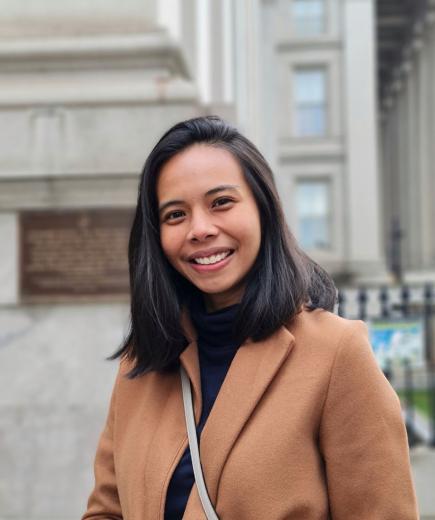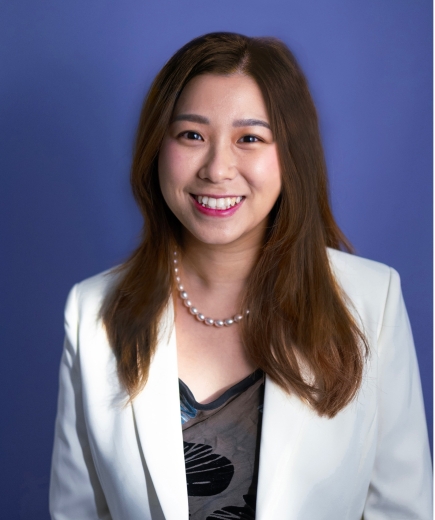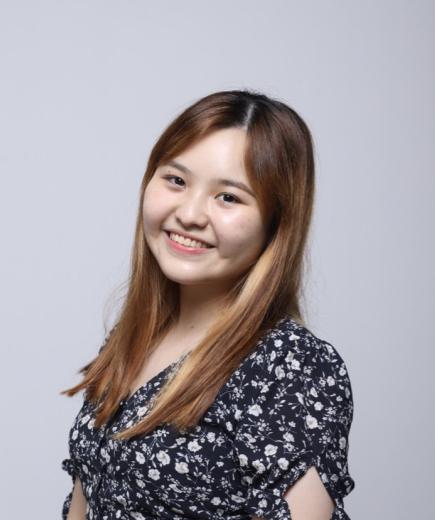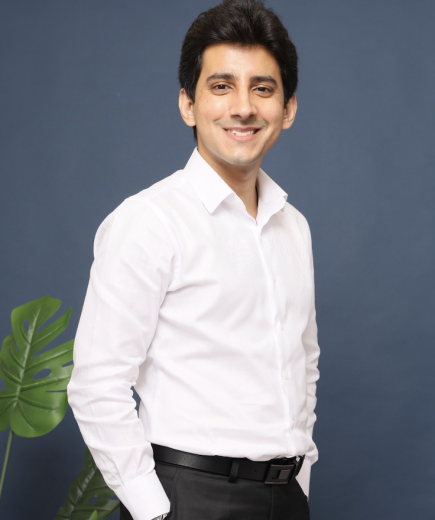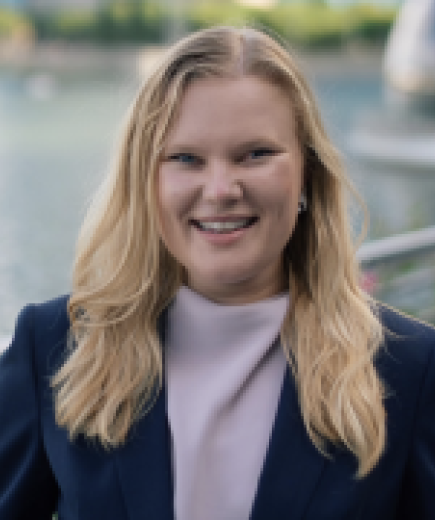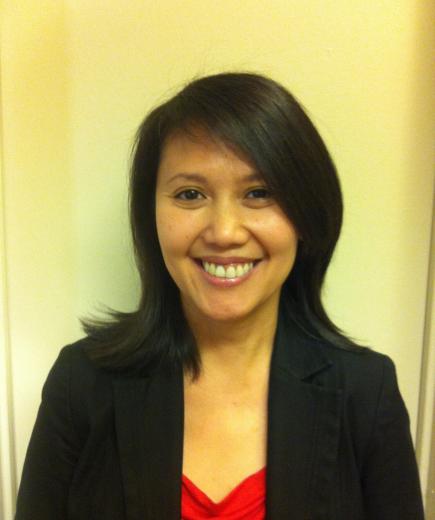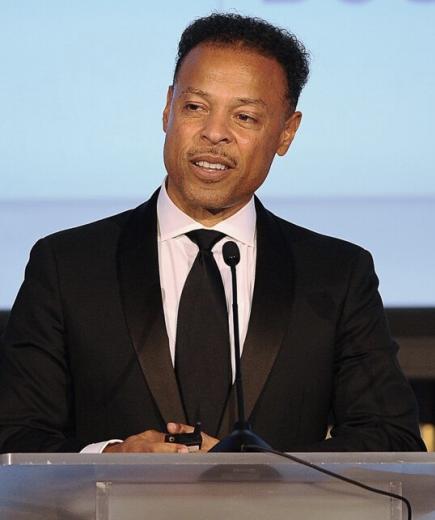Singapore transitions to new leader Prime Minister Lawrence Wong
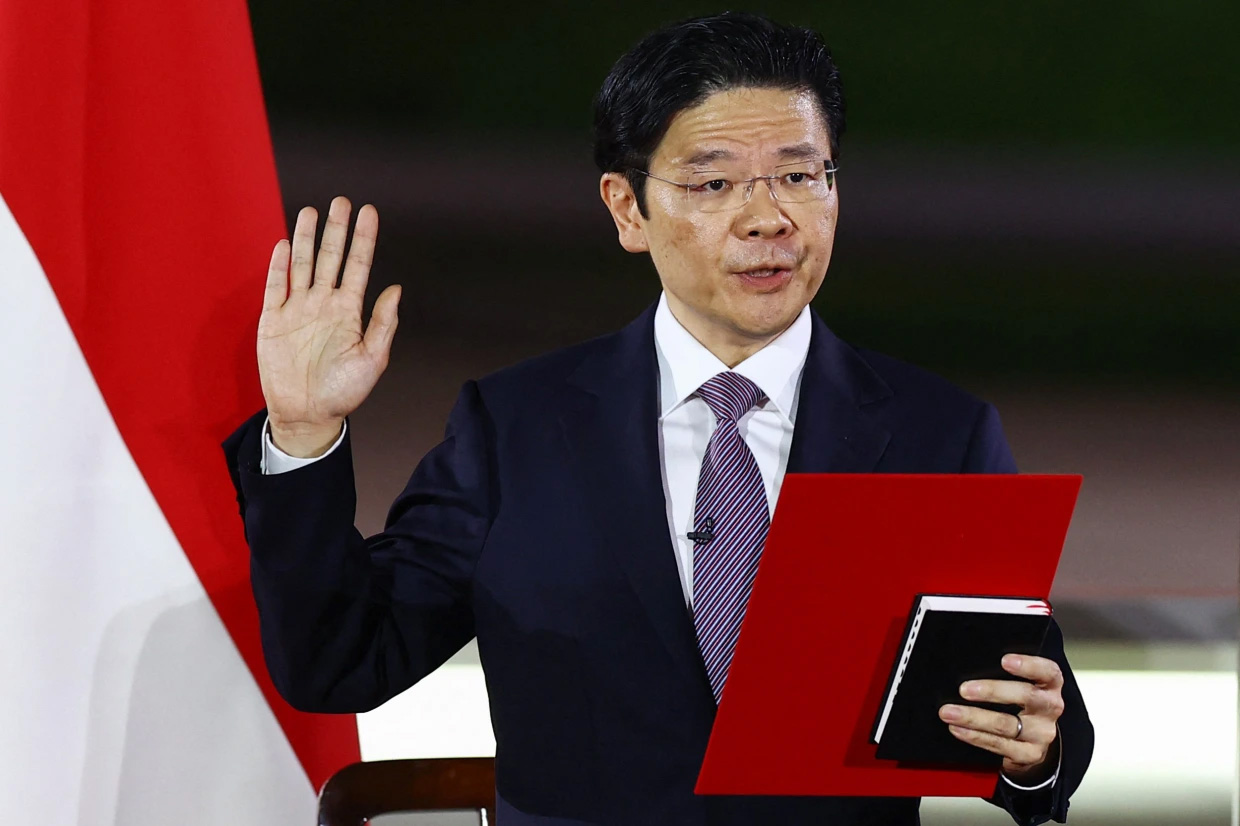
On May 15, Singapore swore in Deputy Prime Minister and Minister of Finance Lawrence Wong as the nation’s fourth Prime Minister (PM), marking the country’s first leadership change in 20 years. The ceremony took place at the Istana and was attended by guests which included Cabinet ministers, Members of Parliament, frontline healthcare and transport workers, religious and business leaders, teachers and students. Prime Minister Wong is set to retain his position as Finance Minister, likely until the next General Election which must be held before November 2025. Outgoing Prime Minister Lee Hsien Loong, the son of Singapore’s founding Prime Minister Lee Kuan Yew, will stay on as Senior Minister in PM Wong’s cabinet. Former PM Lee will also retain his position as Chairman of the Research, Innovation and Enterprise Council. The Prime Minister was congratulated by several world leaders including Chinese Premier Li Qiang, Indian Prime Minister Narendra Modi, and British Prime Minister Rishi Sunak as well as by U.S. Secretary of State Antony Blinken.
On May 13th, Prime Minister-designate Wong accepted the President’s invitation to form the next Government and informed the President of the new Cabinet line-up, which did not change in ministerial or senior minister level positions. This degree of continuity reflects both PM’s Wong’s approach to political leadership and the fact that Singapore’s political transition process towards the next generation of “4G Leadership” is not at an end point yet. It is more likely that PM Wong could make more substantial changes to the cabinet later this year or in early 2025.
Supporting Prime Minister Wong are Deputy Prime Minister (DPM) Heng Swee Keat, who chairs the tripartite Future Economy Council and the National Research Foundation, and recently promoted Deputy Prime Minister (DPM) Gan Kim Yong, who will continue as Minister for Trade and Industry (MTI). DPM Gan has also been appointed the Chairman of the Monetary Authority of Singapore (MAS) and will assume a lead responsibility for the Strategy Group within the Prime Minister’s Office. The promotion of DPM Gan signals the trust and confidence he has established with PM Wong, as both served as co-chairs of the COVID-19 Multi-Ministry Task Force. Minister for Sustainability and the Environment (MSE), Grace Fu Hai Yien, remains as Minister-in-charge of Trade Relations.
Alongside the changes to the Cabinet, PM Wong announced the renaming of the Ministry of Communications and Information (MCI) to the Ministry of Digital Development and Information (MDDI). This will take effect from July 8, 2024. Minister for Communications and Information, Josephine Teo, noted that this is a meaningful and timely move to reflect the Ministry’s broader digital portfolio and acknowledge the new opportunities and challenges in the digital era. This change in name reflects the Ministry’s intent to shift to a more coherent national digital strategy, including cyber security, the regulation of digital infrastructure, data protection & online content, and overall digital resilience, readiness, and inclusion. The Ministry will continue to oversee information policy, media development, and public communications efforts. Other changes to the Cabinet can be viewed here.
During his first months in office and leading up to the anticipated National Day Rally in August, PM Wong plans to focus on domestic “bread-and-butter” issues. This will likely resurface in the next General Election, and on implementing Singapore’s renewed social compact through the Forward Singapore initiative led by PM Wong. PM Wong will lead the People’s Action Party in the next General Election. It remains to be seen how the opposition parties (especially the Worker’s Party) will respond to PM Wong’s initiatives this year and use them in their campaign materials in the next GE. This will be an interesting GE to watch, with PM Wong leading the charge in this new era of Singapore politics; such as the changes to the incumbent party People’s Action Party’s (PAP) approach to engaging and addressing the Singapore electorate’s needs.
In terms of public spending and public investments, the Government’s 2024 Budget included a wide range of initiatives covering economic resilience, social support, and environmental sustainability. It is a balancing act between the need to distribute the gains of economic growth among its population and to implement fiscal policies that ensure Singapore’s competitiveness. Multinationals are expected to watch closely how Singapore will implement Pillar Two top up taxes, with the accompanying new Refundable Investment Credit (RIC), support for SMEs especially the Capability Transformation scheme, and tax concession enhancements to asset and wealth management.
Huge policy shifts are not expected after the leadership transition, given that PM Wong has the support of the 4G leadership. However, work is cut out for PM Wong as he brings Singapore to an era of post-Lee family leadership, which could still change as some observers opine and point to third-generation Lee Li Hongyi, former PM Lee’s son and now director of Open Government Products (OGP), a state technology development team, as potentially entering politics in the next decade. PM Wong also assumes the helm of the city-state in its role as a leader in shaping the evolution of Asia’s regional trade and digital economy architectures, at a time when free trade is challenged across the globe, and to continue to deftly navigate the evolution of U.S.-China relations in ways which support Singapore’s national economic and security interests.
PM Wong earned a scholarship to study in the U.S., obtaining a bachelor’s degree in economics from the University of Wisconsin-Madison and a masters’ degree in economics from the University of Michigan. He also holds a masters’ degree in public administration from Harvard University. He served as Principal Private Secretary to former PM Lee Hsien Loong before entering politics in 2011. Prior to his appointment as Finance Minister, PM Wong was Minister for Education between 2020 to 2021 and Minister for National Development from 2015-2020.
Members can engage the Government of Singapore during the Council’s 2024 Singapore Business Mission, taking place July 23-25. For more information on target ministry meetings and mission themes, please reach out to the Council’s Singapore team.
